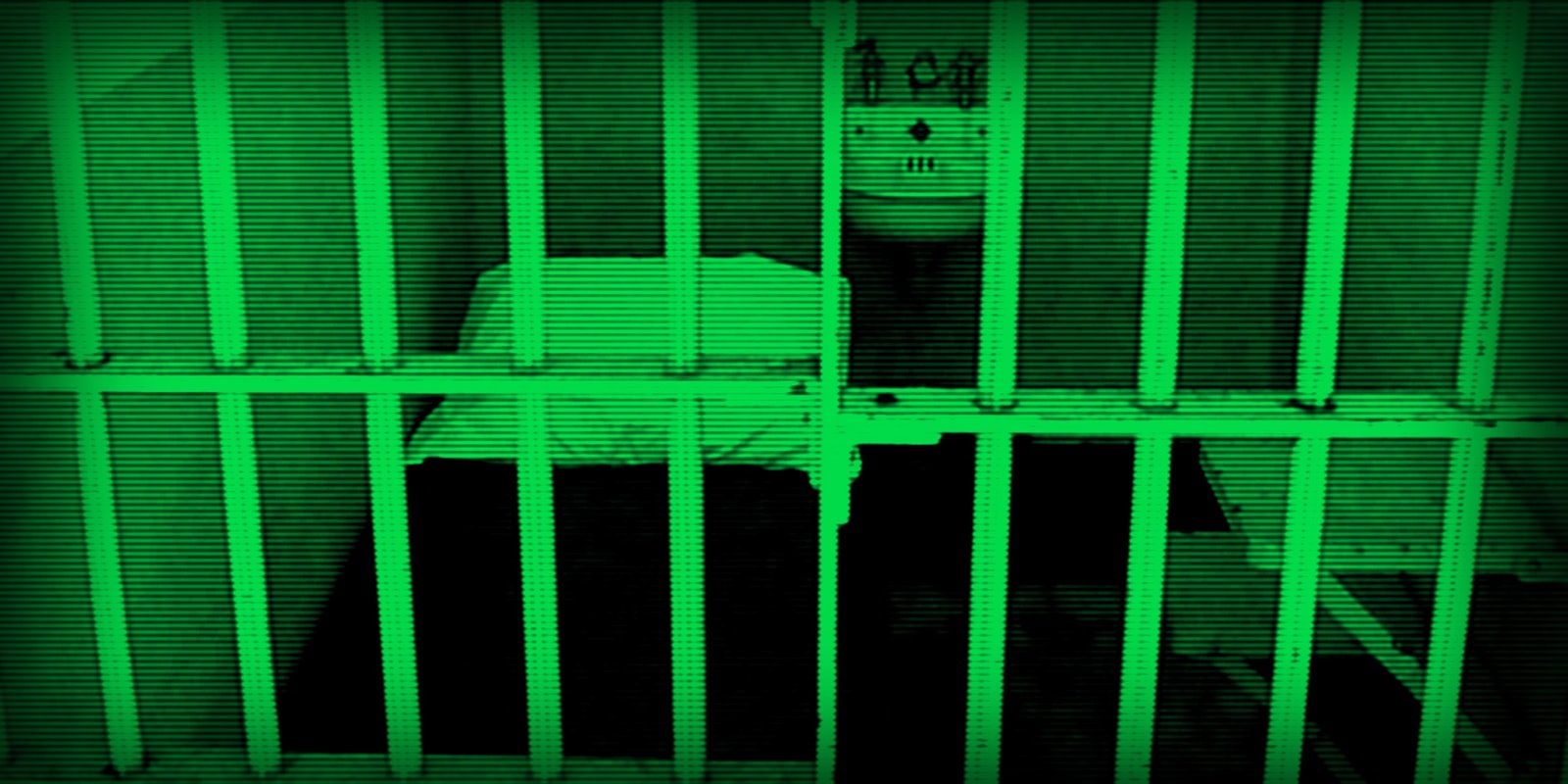A new bill called the Anti-Swatting Act took its first steps through Congress on Wednesday, marking the latest attempt to pass the first federal law specifically addressing hoaxes that involve armed police.
Swatting is the Internet-infamous act of making false reports to police that result in action by SWAT teams or other police at a victim’s home. It’s become a popular pastime in the last decade against everyone from Internet celebrities to elected officials. The word swatting was added into the Oxford Dictionary in 2015.
The bill, which went up for debate in the communications and technology subcommittee of the House Energy and Commerce Committee on Wednesday, carries penalties of up to 20 years in prison for offenders if victims suffer serious bodily harm as a result of the prank. Without such harm, the penalty can reach up to five years in prison.
Rep. Katherine Clark (D-Mass.), a prominent sponsor of the new bill, was herself swatted earlier this year.
Alerted by flashing police lights in front of her family’s home, Clark emerged from her house late on a Sunday night to find armed police on her lawn responding to the false report of an active shooter in her home.
After the incident, reporters asked Clark if the event, which she called “terrifying,” would cause her to cease pushing the Anti-Swatting Act.
“If that was the intent of calling in this event,” Clark said, laughing, “I think they have underestimated my commitment to making sure that we do stop this practice.”
California already has a state law prohibiting swatting that carries a yearlong prison sentence. A range of federal laws broadly prohibit the act as well. However, the Anti-Swatting Act zeroes in specifically on swatting and significantly raises the potential penalties that offenders face.
B.A. Finley, a detective sergeant with the Johns Creek Police Department near Atlanta who testified on Wednesday, described his extensive experience with swatting hoaxes and scams, focusing in particular on the emotional stress placed on victims, including family members who think others close to them have died as a result of the fake reports.
This is the third major attempt at passing federal swatting legislation. Two bills have so far stalled in Congress.
